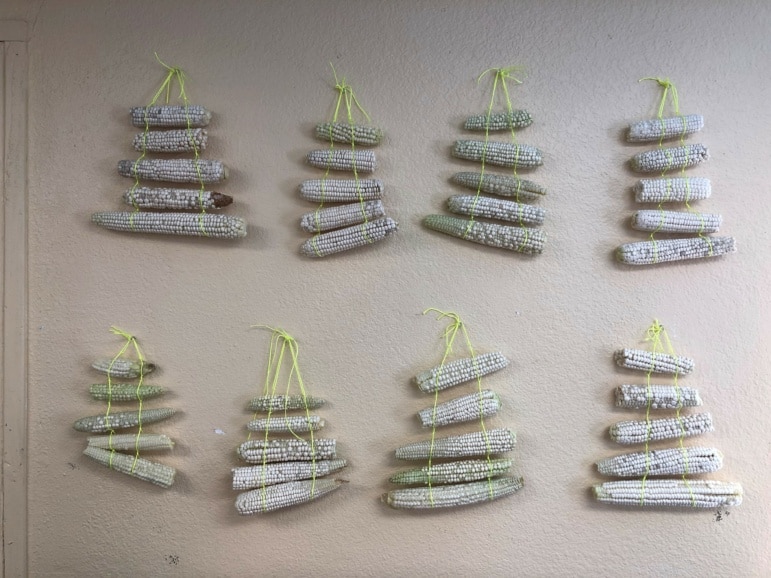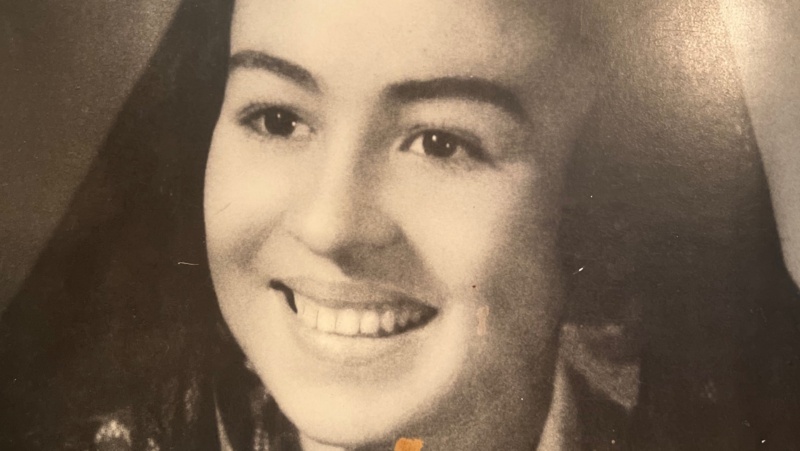My name is Mark Sorensen. I am the co-founder and CEO of the STAR(Service To All Relations) School. I have been involved in various leadership roles in Native community schools for the past 45 years. I came to understand from my experience that a school serving Native communities is not divorced from the health and welfare issues confronting our families. In fact, we believe the school must be engaged in changing health trajectories for our families. Teaching about and experiencing healthy food is one of the areas we have been involved in since the founding of our school 20 years ago.
STAR School is an off-grid solar-powered public charter school located near the southwestern edge of the Navajo Nation in northern Arizona. Virtually all of our students are Native and we are acutely aware of the various challenges facing our students. The health challenges of high rates of diabetes and obesity in our community impact the lives of each one of our students and motivate us to incorporate awareness of and exposure to healthy traditional foods into what we feed the children. However, we also realize that due to our being in a food desert and some family habits of eating fast food and less healthy food, it is not sufficient to just present students with healthy, locally grown traditional foods. They must have an enjoyable experience with these foods that they no longer see or taste frequently. For this reason, we developed a culinary class in which students from 3rd grade on up learn to harvest and prepare foods like corn, beans, squash and mutton, and other vegetables grown by local farmers, that have been staples for Navajo families for many generations. We are also partnering with the Arizona Department of Education in creating and testing recipes of traditional indigenous foods that can be served in the school cafeteria. From our point of view, if the students develop an understanding and appreciation for traditional foods, from their source to the table, they will be more likely to seek out those foods for themselves and their families.

In addition to health reasons, it is important to understand that there is an emotional and psychological value to serving traditional indigenous foods in schools that serve indigenous students. Traditional foods like corn are part of the origin stories for Navajos and many other tribes. As such, it is part of their identity as a people and the strength needed for survival. In spite of all the hardships that Native people have endured over the past several centuries, the people are still here. There is value in Native students recognizing that they are here now because of the healthy food that sustained their ancestors. We want students to taste what their ancestors ate and develop an appreciation for how they can create new and tasty recipes for these foods as well.



